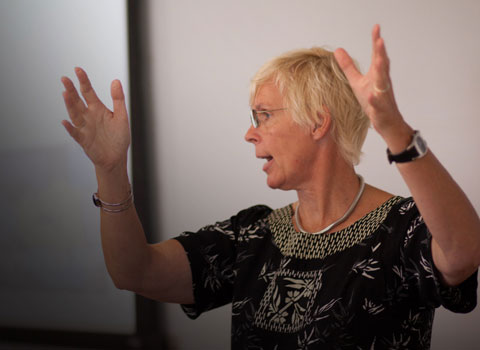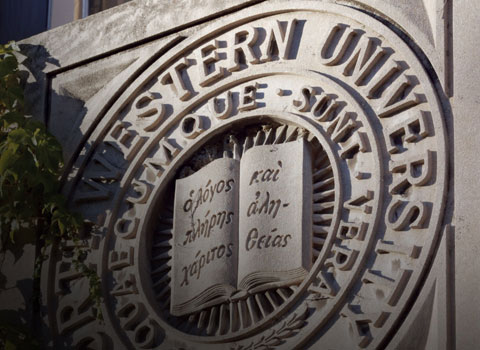Frequently Asked Questions
{title}
� .
What are the benefits of a master's degree?
The benefits of a master’s degree are manifold, but they primarily fall into two categories: career advancement and personal fulfillment. From the professional standpoint, completing a master’s degree program makes you eligible for a higher salary and leadership roles within your field of expertise. If you desire to change industries, a master’s degree facilitates this switch by strengthening your knowledge of a new subject area, expanding your network of professional connections, and giving you a competitive advantage over associate and bachelor’s degree-level candidates. When you enroll in a master’s degree program, you are also making a commitment to personal growth. SPS students enjoy not only the satisfaction of pursuing applicable knowledge and the confidence of overcoming academic challenges, but also the lifelong connections with peers and faculty who share in their passions.
What are the prerequisites for a master's degree at Northwestern?
All applicants to Northwestern University School of Professional Studies must hold a U.S. bachelor’s degree from a regionally accredited institution or foreign equivalent. In addition, each program also requires a copy of an applicant’s official transcripts, a current resume, two letters of recommendation, a statement of purpose, and a $75 application fee. Some master’s programs also require a writing sample. Please visit our admission information page, contact the admission advising team, or visit each program’s dedicated application page for more details.
How long does it take to get a master’s degree?
It all depends on the courseload that best fits your schedule. Taking fewer courses per quarter leaves more time for professional and personal commitments while you are in the program, while enrolling in more classes at a time means fewer years spent in the part-time master’s program overall. The average Northwestern SPS student spends about two years in the program, but once you have started your master’s degree, you have up to five years to complete it.
If you are looking to complete your degree in less time, consider applying to the accelerated master’s in public policy and administration, accelerated master's in information systems, or the accelerated master’s in data science program.
Can I get my master's degree online?
Yes; Northwestern University’s online master’s degree programs allow you to complete coursework whenever and wherever is most convenient for you. Choose from fully online master’s degrees as well as hybrid course schedules that combine the accessibility of online learning with the dynamism of in-person classes.
Are online master's degrees credible?
Yes; all Northwestern’s online master’s degree programs are fully accredited, meaning that they have passed rigorous evaluation of their faculty, curriculum and student learning outcomes by an accreditation board. Students who earn their master’s degree online from SPS can be confident that they are receiving the same caliber of education as on-campus students.
What are the benefits of an online master’s degree?
The primary benefit of earning your master’s degree online is the ability to learn from anywhere in the world; as long as you’re connected to the internet, you’ll have access to Northwestern’s world-class educational resources. Because they are not bounded by a physical classroom, online master’s classes also help you save the time associated with commuting to campus, freeing up your schedule for other commitments in your professional and personal life.
Does Northwestern offer financial aid for master’s degree programs?
Once you are admitted to a master’s program, please visit our financial aid page to explore different options for financing your degree. You may be eligible for federal and state grants, student loans, or SPS awards. Also be sure to consult with your employer to see if tuition assistance is part of your employee benefit plan. Find forms and instructions for determining your financial aid qualifications on the SPS graduate financial aid page, or contact the Chicago financial aid office with any questions.





















